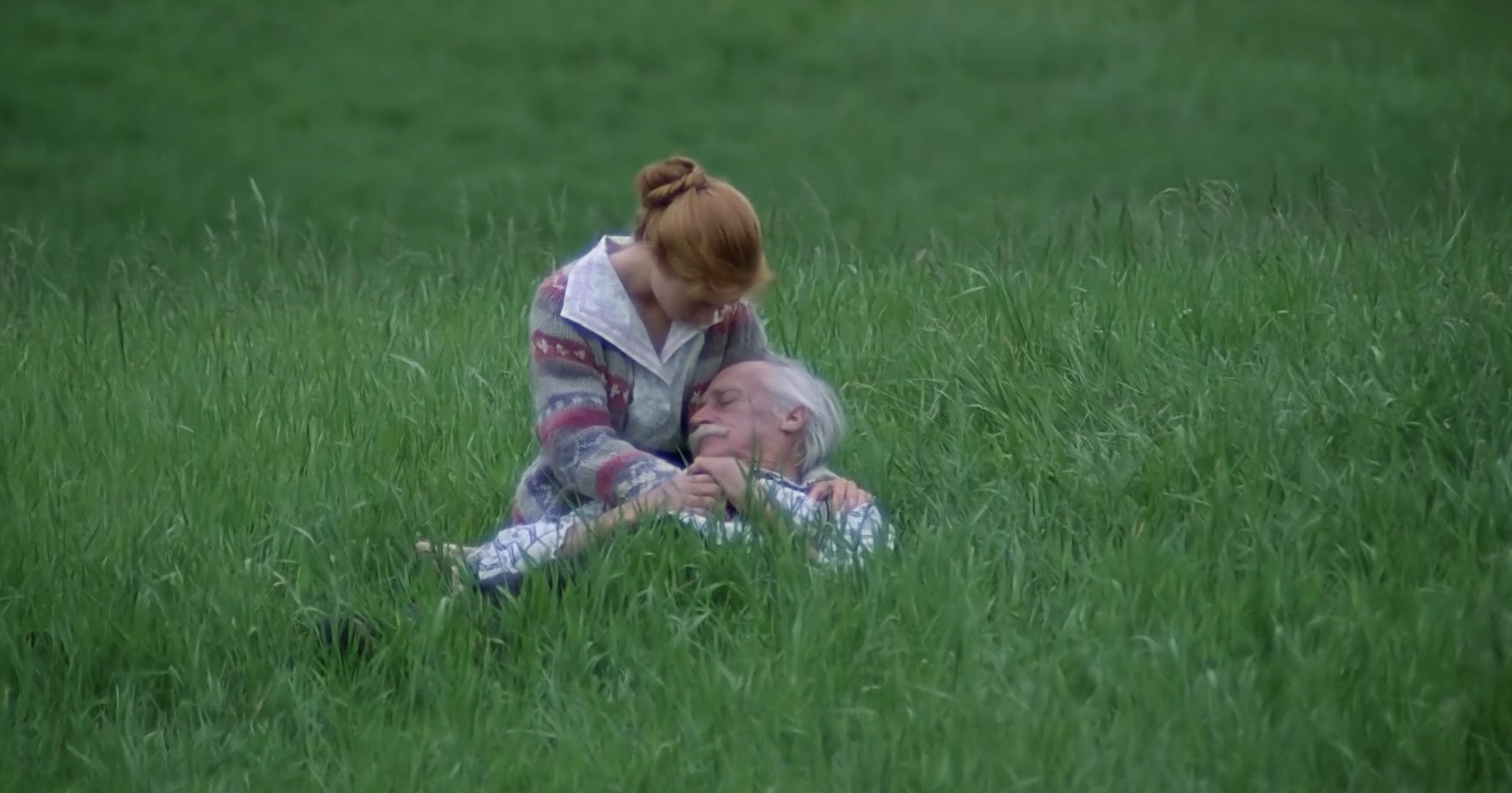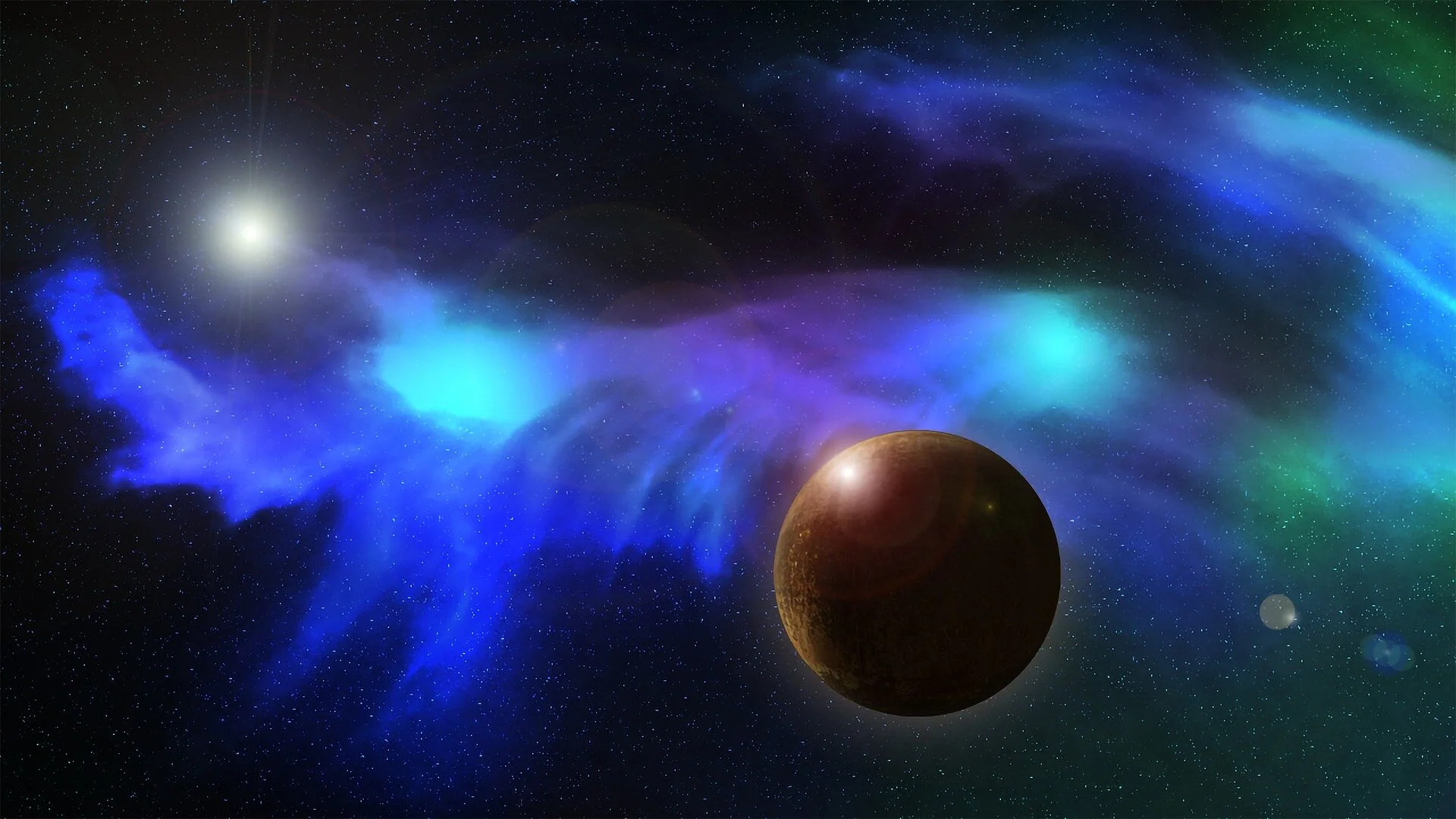Futurism in Philosophy — Why Does Philosophy Always Look to the Past Instead of to the Future?
As philosophers and philosophy instructors, we often look to the past, to the history of philosophy, both in terms of the structure of the philosophy courses we teach and in terms of the course material itself. We want our students to know the difference between Plato and Aristotle, between the rationalists and empiricists, and to know the ins and outs of the various philosophical issues and positions that have made up the canon of Western philosophy.
Even if we include contemporary philosophical materials, journal articles and such, in our philosophy courses, we end up focusing merely on the present and perhaps on the near-future in terms of the hot topics in philosophy. Few philosophers, whether in the history of philosophy or contemporarily, focus on the far future. It’s easy to look back at the overall history of philosophy, on the evolution of the key concepts and worldviews that have made up the Western philosophical tradition. But it’s much more difficult to stand at any point in time, our own present day included, and imagine what the future trajectory of philosophy will be in the far future. What new concepts and philosophical terms are yet to be invented? How will the Western mindset change and evolve over time over the next hundred, thousand, or ten-thousand years? What lingering philosophical problems in the history of philosophy will finally be solved, and what new problems will emerge as philosophy continues to change and evolve over time?
I suppose what I’m really asking is: Where are all of the futurist thinkers in professional, academic philosophy today? Futurism is often relegated to the domain of science fiction, to franchises such as Star Trek where ideas about the future of humanity can be explored in fiction and in storytelling. And there are undoubtedly a few futurist philosophers who look at the history of philosophy philologically and culturally and historically, attempting to extrapolate the grand story arcs of philosophy into the future from the history of philosophy and from our position along those stars arcs today. But why is it that more philosophers tend to look to the past in their philosophical thought than to the far future?
Ironically some philosophers in the history of philosophy themselves could be considered futurists. Friedrich Nietzsche comes to mind because of his emphasis on future philosophers, those future thinkers who will one-day be able to free themselves from the shackles of Judeo-Christian morality and herd-like reliance on objectivity and universality. Although Nietzsche is not as technological a thinker as, say, Heidegger, you can see some long-term thinking in Nietzsche’s imaginings of what the future of humanity and human thought might, or should, be.
Because futurism is so often relegated to the domain of science fiction, much futurist thought seems to revolve around things like technology and space exploration, or possibly things like advances in medicine or even advances in human psychology. As a philosophy teacher who is also a Star Trek fan and a podcaster on issues related to Star Trek and philosophy (Meta Treks: A Star Trek Philosophy Podcast), I am just as interested in the philological, historical, and cultural aspects of philosophy and how the sweeping story arcs of the history of philosophy will continue to emerge and unfold in both the near and far future. So although future humanity has its thinkers today in the form of technological futurists, there seems to be a pressing need for cultural and philological futurists, for philosophers who take it upon themselves not merely to solve philosophical problems but to push philosophy, indeed all of humanity, into the future—to write, create, and build our future intellectual history as philosophers, and to be the linchpins and chapter breaks of the future story of philosophy for thousands (hopefully longer—millions even!) of years of human history yet to come.







